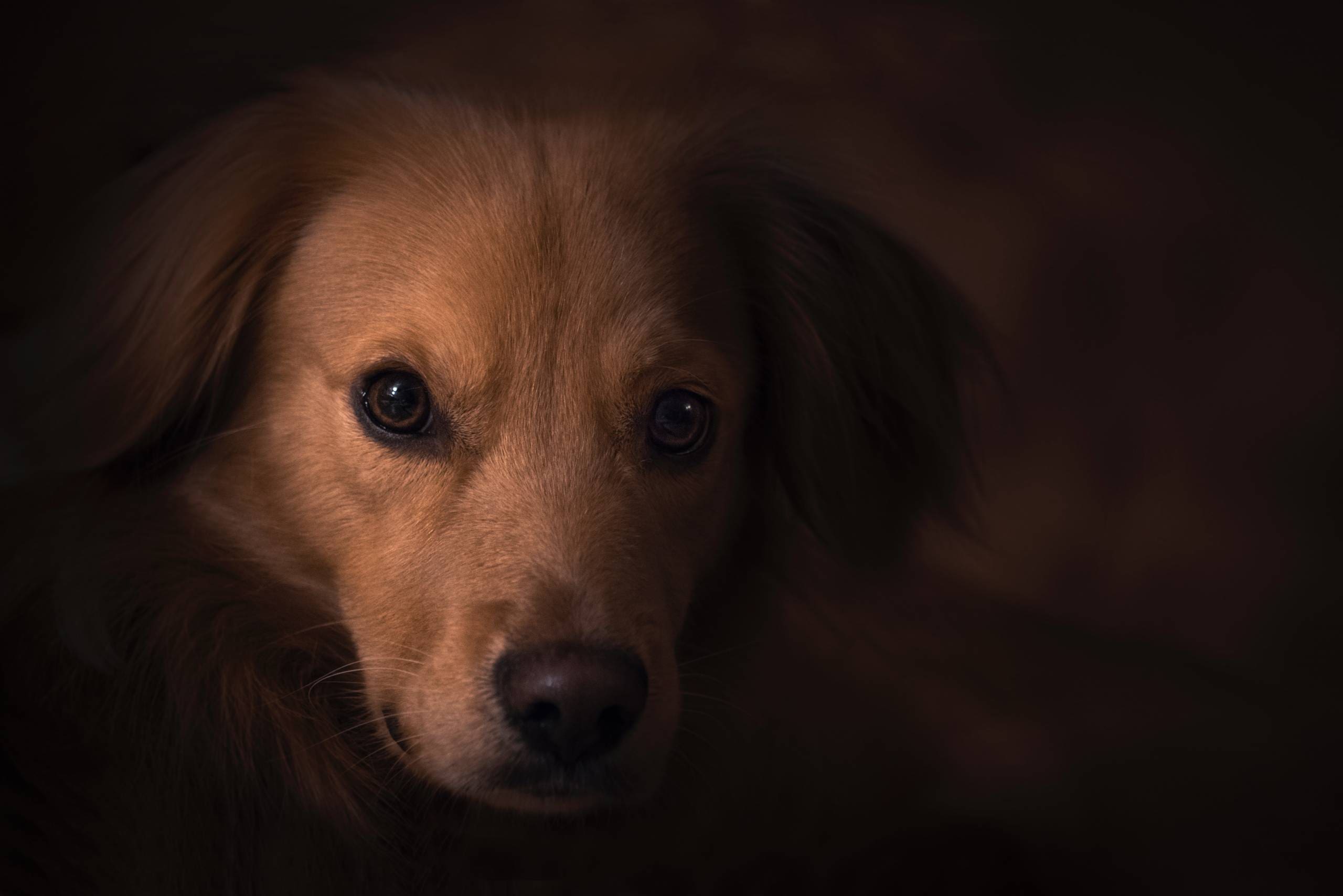
Chocolate, grapes, and xylitol are just a few of the many foods that can be dangerous for dogs. While it’s essential to be aware of these risks, it’s equally important to understand why these foods are harmful and how to prevent accidental ingestion. By being informed and taking necessary precautions, we can help keep our dogs out of harm’s way.
Let’s start by addressing the most commonly known and potentially lethal food for dogs: chocolate. Chocolate contains theobromine, a stimulant similar to caffeine, which dogs metabolize much more slowly than humans. Ingesting even small amounts of chocolate can cause vomiting, diarrhea, rapid breathing, increased heart rate, seizures, and, in severe cases, death. Dark chocolate and unsweetened baking chocolate pose the greatest risk due to their higher theobromine content. It’s crucial to keep all chocolate products out of your dog’s reach and seek immediate veterinary care if you suspect your dog has ingested any amount of chocolate.
Grapes and raisins, while healthy for humans, can be extremely toxic to dogs. Even small quantities can lead to kidney failure in some dogs, with symptoms including vomiting, diarrhea, lethargy, and decreased urination. The exact substance in grapes and raisins that causes toxicity is still unknown, but it’s clear that these fruits can have devastating effects on our furry friends. To ensure your dog’s safety, it’s best to avoid giving them any foods containing grapes or raisins, including grape-flavored snacks and certain baked goods.
Another lesser-known but equally dangerous food for dogs is xylitol, a sugar substitute found in many sugar-free gum, candies, and baked goods. Xylitol can cause a rapid release of insulin in dogs, leading to hypoglycemia (low blood sugar), seizures, liver failure, and even death. It’s essential to carefully check the ingredients of any products you may share with your dog to ensure they do not contain xylitol. In the event of xylitol ingestion, immediate veterinary attention is critical to prevent severe health complications.
Understanding these dangers is just the first step in protecting our dogs from harmful foods. It’s vital to always be mindful of what we feed our pets and to educate ourselves on the potential risks associated with various human foods. By doing so, we can create a safer environment for our dogs and ensure their well-being for years to come. If you ever suspect that your dog has ingested any of these harmful foods, don’t hesitate to contact your veterinarian immediately. Our dogs rely on us to keep them safe, and with the right knowledge and precautions, we can help prevent unnecessary harm and keep them healthy and happy.[/fusion_text]

